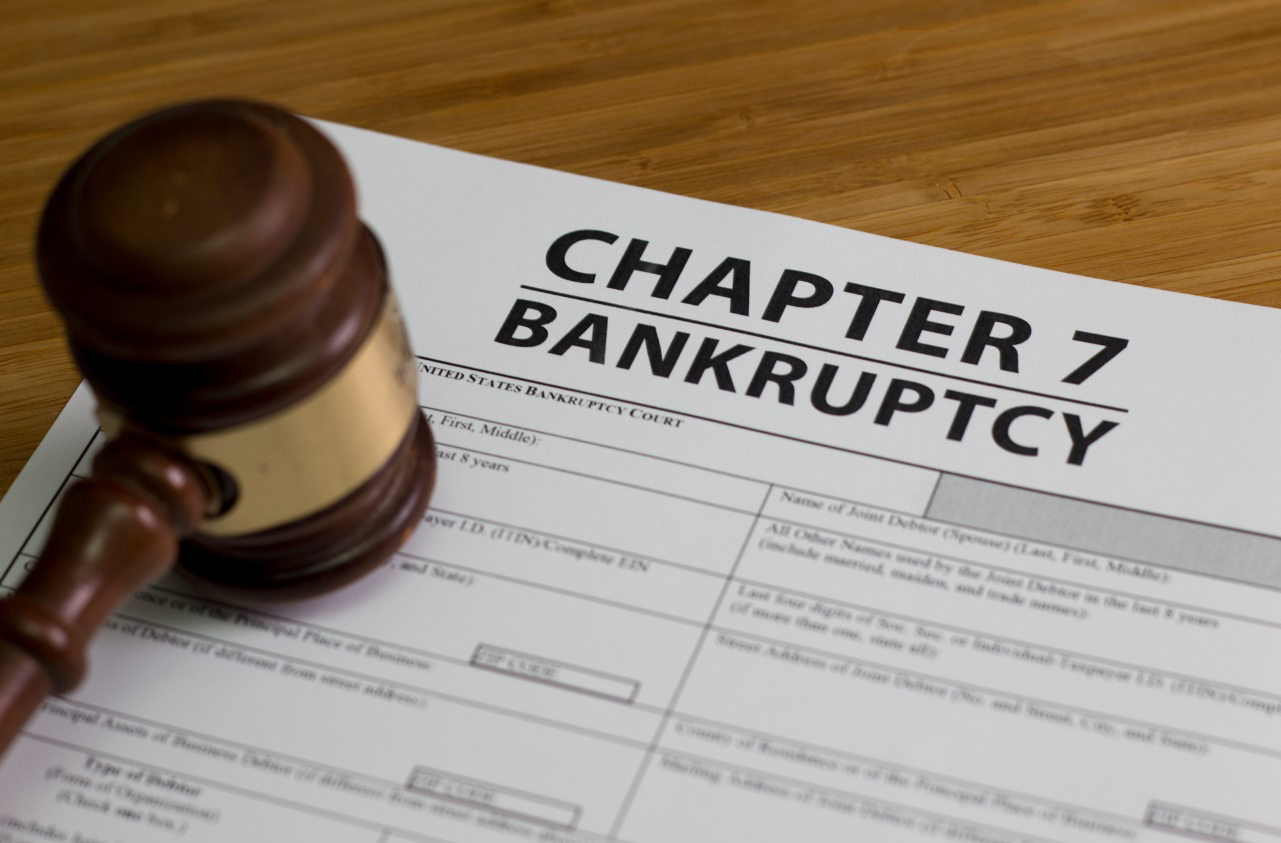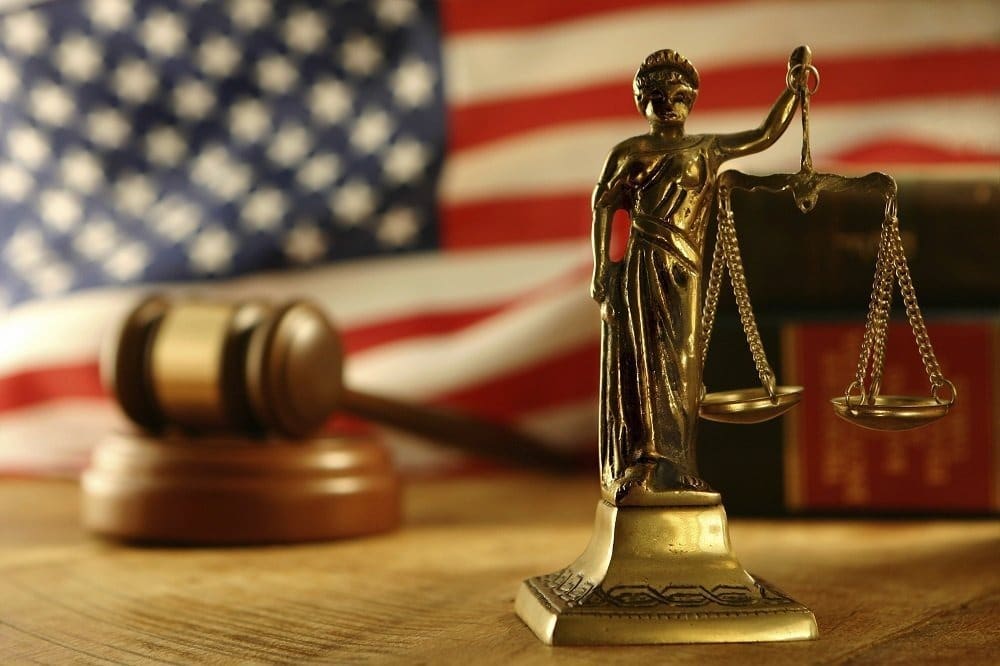
If you are searching for the perfect spot to pop the question, look no further than Telegraph Hill Park in London. Known for its stunning panoramic views and quiet, hidden charm, this park offers an ideal backdrop for a romantic proposal. Whether you’re planning to surprise your partner with an intimate moment or create a special memory with a grand gesture, this location is perfect for proposals. Combine the beauty of the natural surroundings with the significance of your engagement rings London, and you have a proposal that’s as unforgettable as the love you share.
Located in the heart of South London, Telegraph Hill Park is an often overlooked gem. While it might not be as well-known as some of the city’s other famous parks, it more than makes up for it in its peaceful ambiance and breathtaking views. The park is named after the Telegraph Hill, which was …

